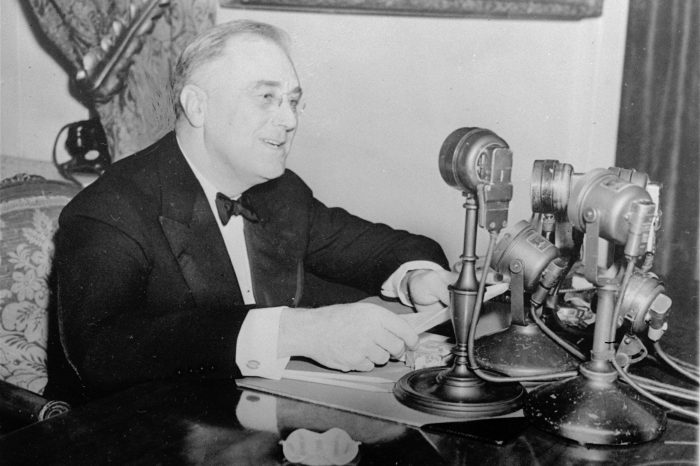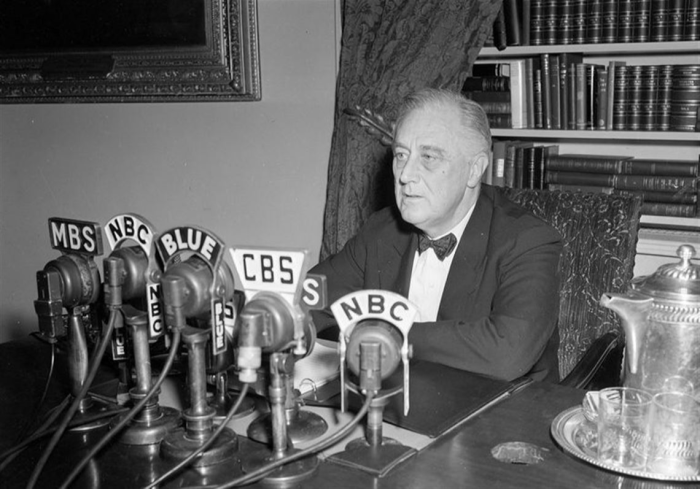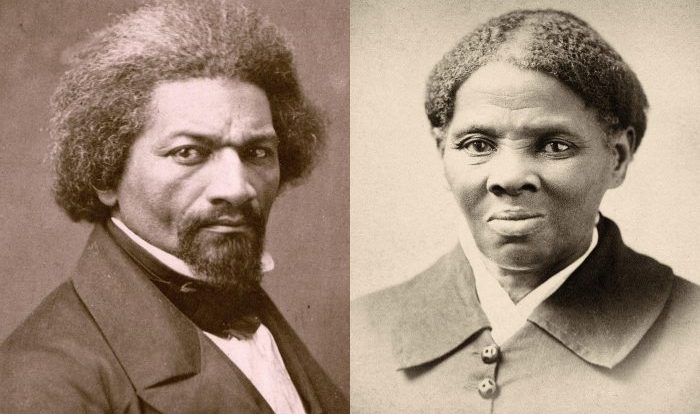FDR’s first fireside chat answers, delivered amidst the tumultuous Great Depression, marked a pivotal moment in presidential communication. Through his eloquent words and empathetic tone, President Roosevelt sought to alleviate the fears and concerns of the American people, offering hope and reassurance in a time of profound uncertainty.
In this insightful exploration, we delve into the historical context, significance, and public reaction to FDR’s first fireside chat, analyzing the specific answers he provided to address the pressing issues of the day.
FDR’s First Fireside Chat: Fdr’s First Fireside Chat Answers

President Franklin D. Roosevelt’s first fireside chat, delivered on March 12, 1933, was a pivotal moment in American history. The nation was in the depths of the Great Depression, and Roosevelt’s words brought hope and reassurance to millions of Americans.
Historical Context
The Great Depression began in 1929 and devastated the United States economy. Unemployment soared to nearly 25%, and millions of Americans lost their jobs, homes, and savings. The government struggled to respond to the crisis, and public confidence in the economy and the government was shaken.
FDR’s Fireside Chats
Roosevelt’s fireside chats were a series of radio addresses that he delivered to the American people during the Great Depression. The chats were designed to explain the government’s policies and to reassure Americans that the government was working to address the crisis.
The chats were broadcast live over the radio, and they reached millions of Americans. Roosevelt’s calm and reassuring voice gave Americans a sense of hope and confidence. The chats also helped to build trust between Roosevelt and the American people.
First Fireside Chat Answers, Fdr’s first fireside chat answers
In his first fireside chat, Roosevelt addressed a wide range of concerns raised by the American people. He discussed the banking crisis, the unemployment crisis, and the need for government intervention in the economy.
Roosevelt’s answers were clear and concise. He explained the government’s plans to address the crisis, and he reassured Americans that the government was working to protect their interests.
Roosevelt’s answers were effective in addressing the concerns raised by the American people. The chat helped to restore confidence in the government and in the economy.
Public Reaction
The public’s response to Roosevelt’s first fireside chat was overwhelmingly positive. Americans were grateful for the opportunity to hear directly from their president, and they were reassured by his words.
The chat helped to build trust between Roosevelt and the American people. Americans came to see Roosevelt as a strong and capable leader who was committed to helping them through the crisis.
The media played a major role in shaping public opinion about the chat. Newspapers and radio stations praised Roosevelt’s leadership, and they helped to spread his message of hope and reassurance.
Legacy of the First Fireside Chat
Roosevelt’s first fireside chat was a watershed moment in American history. The chat helped to restore confidence in the government and in the economy. It also helped to build a strong bond between Roosevelt and the American people.
The fireside chat remains a powerful example of how a president can use communication to connect with the American people and to build trust. It is a legacy that continues to inspire presidents today.
Helpful Answers
What were the main topics covered in FDR’s first fireside chat?
FDR addressed concerns about the banking crisis, unemployment, and the need for government intervention to stabilize the economy.
How did FDR’s answers address the concerns of the American people?
FDR provided clear and reassuring explanations of government policies, emphasizing the importance of collective action and the government’s commitment to alleviating the hardships faced by citizens.
What was the impact of FDR’s first fireside chat on public opinion?
The chat boosted public morale and trust in FDR’s leadership, helping to calm fears and foster a sense of unity during a time of crisis.

